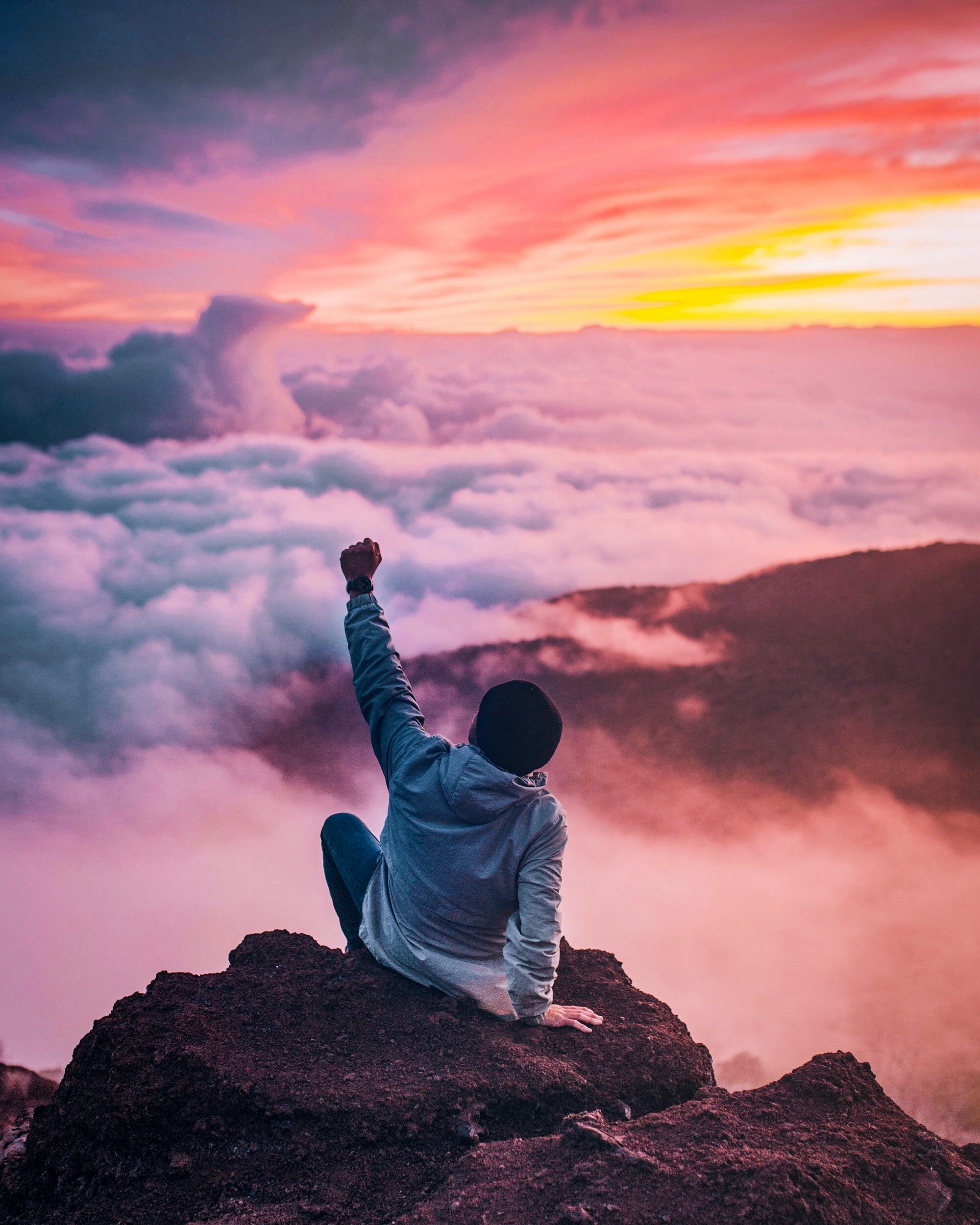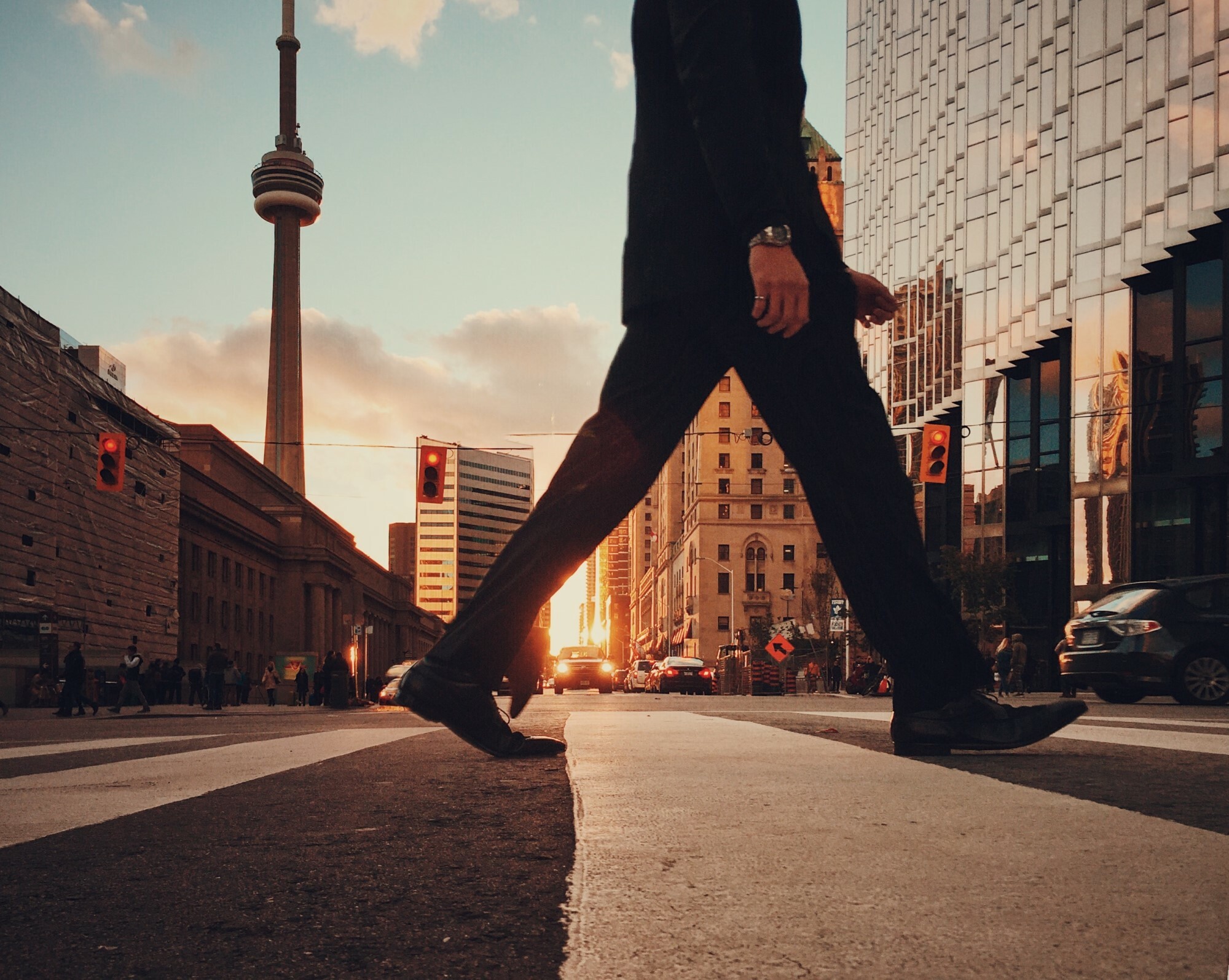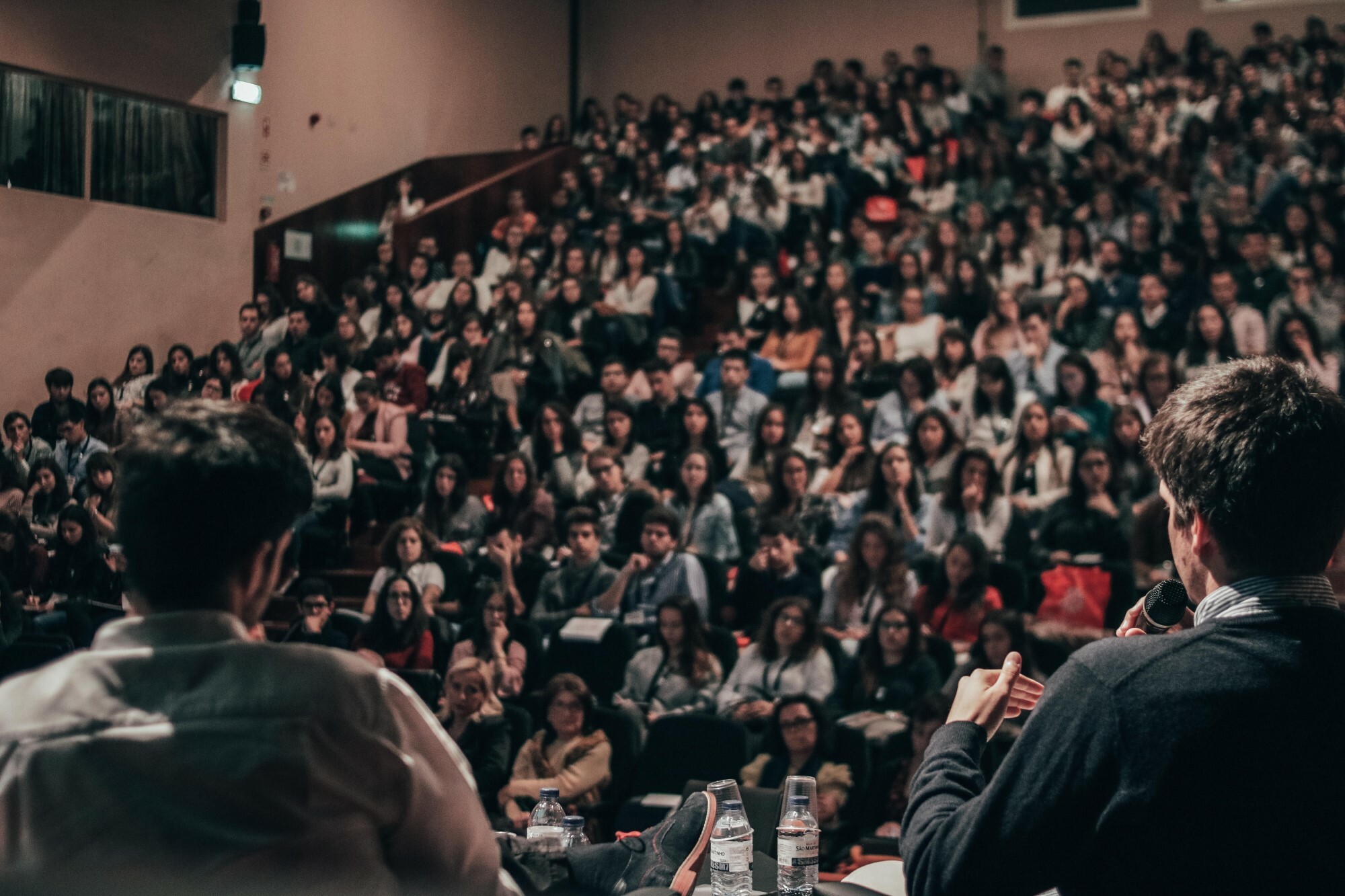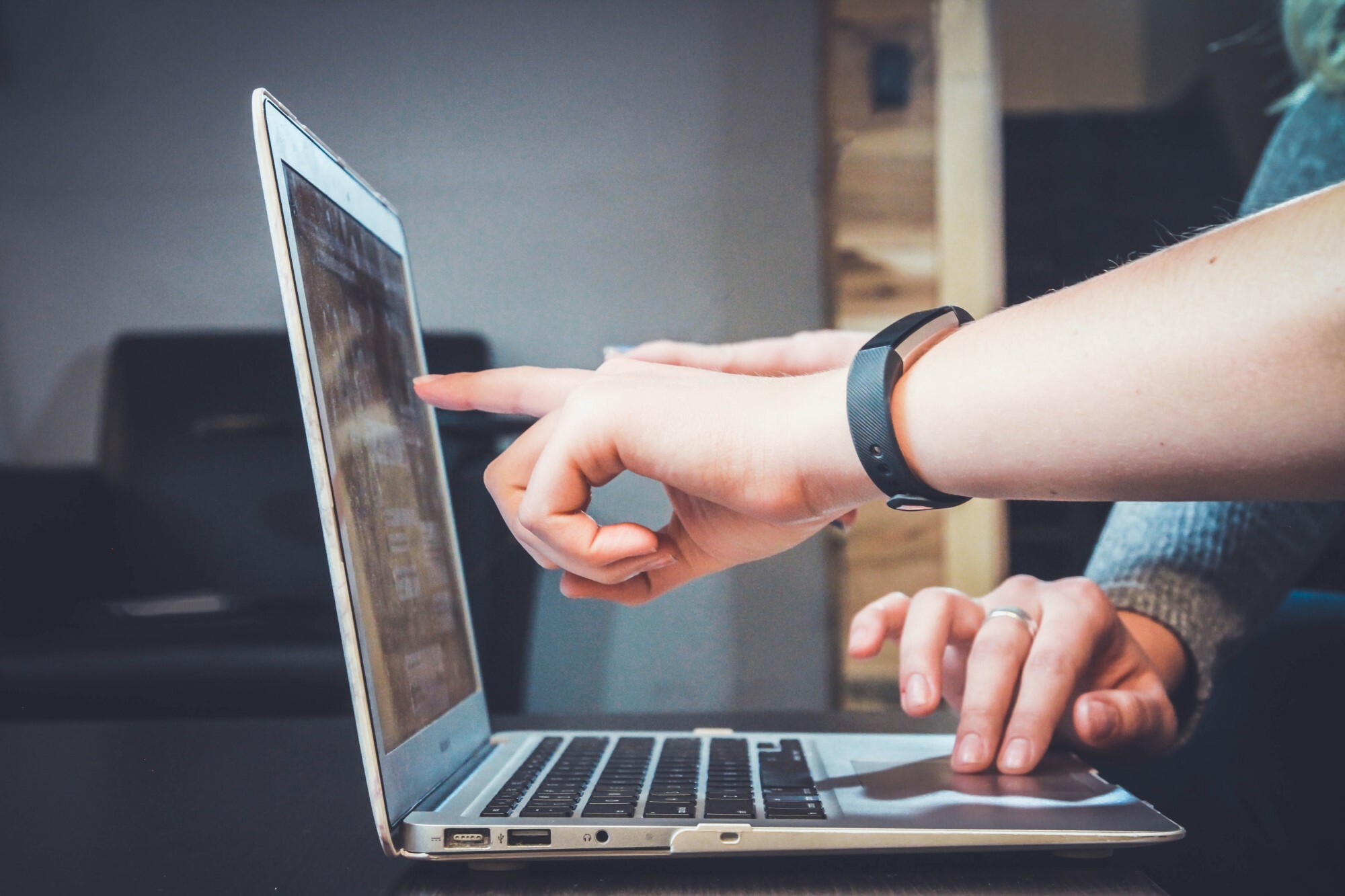Privilege is the special rights, benefits and advantages that are enjoyed by a person or a group of people, over and above other people.
Power is having the ability or authority to make decisions and/or exercise control over other individuals or groups.
People with privilege are often in a position to use power over others who are less privileged.
Understanding privilege
Members of dominant social groups have privilege over others. These groups include those based on gender, class, ethnicity, sexuality, and disability, for example.
Privilege is usually ‘invisible’ to those who have it. When we examine our privilege, we consider how our social status may give us advantages in certain contexts, even if we didn’t ask for them or earn them.
Critical reflection on our privilege allows us to better understand gender inequality and improve our approach so that we do not perpetuate the power dynamics in the systems and structures that we operate in.
Privilege comes in different forms. Some useful questions to reflect on different types of privilege include [1]:
- Do you have the right to get married, and have your relationship recognized in any country around the world?
If so, you have heterosexual privilege.
- Can you use public bathrooms without stares, fear or anxiety?
If so, you have cisgender privilege.
- Are you confident that police exist to protect you?
If so, you have white privilege.
These are privileges that most people unintentionally take for granted. When we question whether all people are afforded the same rights and opportunities, the experiences of privilege and discrimination are more obvious to us.
Understanding power
In our society, groups with more privilege have the authority to exercise power over others. As a result, those with less privilege can experience greater discrimination and disadvantage.
For example, women, as well as people who are transgender, bisexual, from a migrant background, have a disability or are older, can find that their voices are not as valued, their perspectives not as respected, and that they have limited opportunities to fully participate in society.
The unequal distribution of power has wide ranging impacts on individuals’ experiences and opportunities in life.
Things you need to know about power and privilege
- Generally, we do not notice when we experience privilege. But we all notice when privileges are taken from us.
For example, a person who has had the ability to drive a car for fifteen years may not have considered ‘driving’ as a privilege until having their license revoked and having to take public transport to get to work.
- Privileged groups have power over oppressed groups, whether they want that power or not.
For example, a man who takes up a leadership role is likely to be perceived in a way that means he is listened to and respected. This is because nearly 1 in 8 young Australians (13%) believe that men make better political leaders and more capable bosses. [2] As such, a woman taking up a leadership role may encounter more barriers, finding she has to prove her worth in order to be listened to and respected.
- Power and privilege are systemic issues, meaning that they are built into the way that society works.
For example, historically, women and Aboriginal and Torres Strait Islander people were not afforded the right to vote or enter parliament. This meant they had limited power to make decisions about laws, legislation and policy that would affect how they lived their lives. The ongoing impacts of this inequality continued to be felt, today.
- Our systems and structures give different benefits, rewards, opportunities, access and freedoms to different people.
For example, the people who often have the authority to design laws or create policies are not typically the people who are impacted by them. Even if an able-bodied, white person has no intention to dominate or oppress a person of colour, or person living with disability, they are still often in positions of power where they are able to make decisions that may or may not be beneficial for oppressed groups.
- You can be both privileged and oppressed, and these do not negate each other
For example, a white person from a lower socio-economic background can experience classism and disadvantage due to financial hardship. However, this does not ‘cancel out’ the privileges associated with being a white person in Australia. Being white will not protect you against all struggles in life, but it will protect you from the struggles caused by race-based oppression and discrimination.
How to take action
Check your privilege
Recognising your own privilege is an important step to creating a more equal society. Take the time to reflect on the ways that you may have been afforded certain advantages – particularly ones you didn’t necessarily earn or work for – and how this may differ from those around you.
This does not mean that you have not worked hard or experienced disadvantage yourself, or that you have had an easy life. While this may sometimes be an uncomfortable reflection, approaching this with an open mind, compassion and a critical lens is key to understanding your own inherent privileges and the power structures that influence our day to day life.
You can start with some simple questions such as [3]:
- What sorts of things do I take for granted as a member of a privileged group?
- How are my experiences different from those of a disadvantaged group?
- Why do these differences matter? What do they look like in the real world?
Other helpful advice includes:
- Take the time to understand the impact that your privilege, and the privilege of other people has on more marginalised communities.
- Listen to the experiences and opinions of others, try to avoid becoming defensive – this isn’t a personal attack on you or your actions. Acknowledging and validating your differing experiences is important.
- Most importantly, seek out further information and educate yourself, instead of relying on others to inform you.
Be an ally
Allyship is an important step towards building a more equitable community and addressing the drivers of inherent inequality, privilege and power imbalances.
By examining your own privilege and understanding the power you have, you can find ways to use your position of power to create space for those in more marginalized communities.
For more information on successful allyship, we suggest visiting the reading the following articles:
- Working with Young People to prevent violence, The Line
- Be a better ally, Harvard Business Review
- How men can be allies to women, The Conversation
- How to be an ally to Aboriginal and Torres Strait Islander people, Reach Out
By recognising your own privilege and actively working to be an ally, you are taking the first steps towards creating a fairer world for everyone.
References
- University of San Francisco, Check your Privilege campaign: https://myusf.usfca.edu/student-life/intercultural-center/check-your-privilege
- Politoff, V., Crabbe, M., Honey, N., Mannix, S., Mickle, J., Morgan, J., Parkes, A., Powell, A., Stubbs, J., Ward, A., & Webster, K., (2019). Young Australians’ attitudes to violence against women and gender equality: Findings from the 2017 National Community Attitudes towards Violence against Women Survey(NCAS) (ANROWS Insights, Issue 01/2019). Sydney: ANROWS.
- Finch, S. (2015), Ever been told to ‘Check your privilege?’ Here’s what that really means, Everyday Feminism





